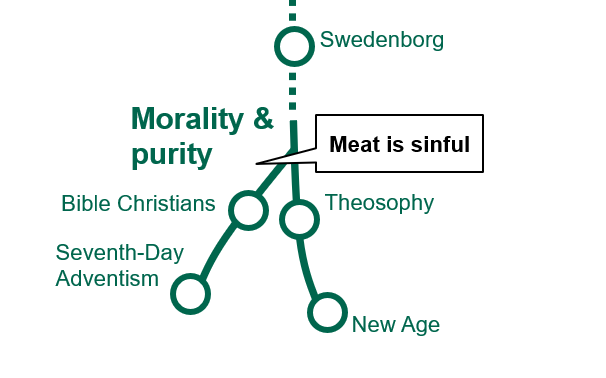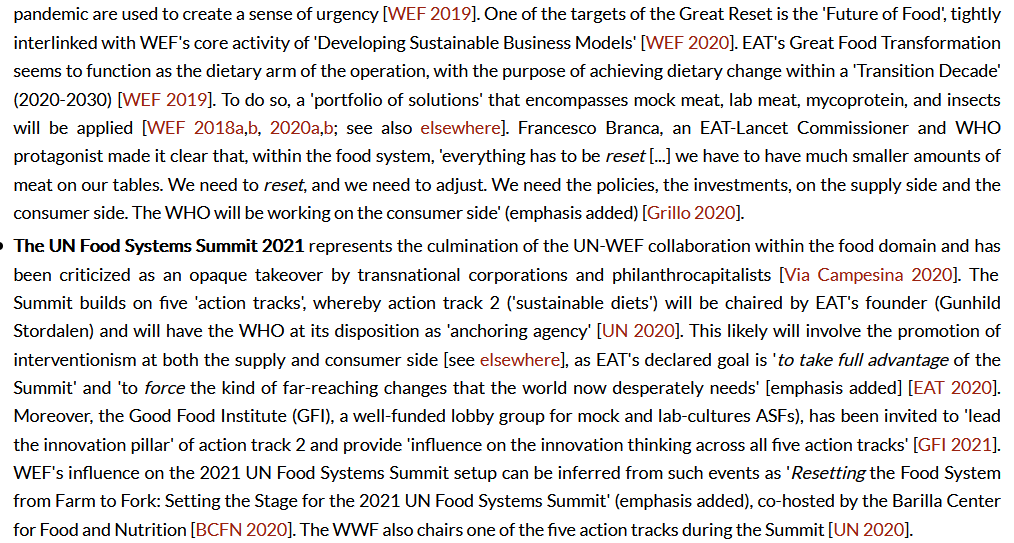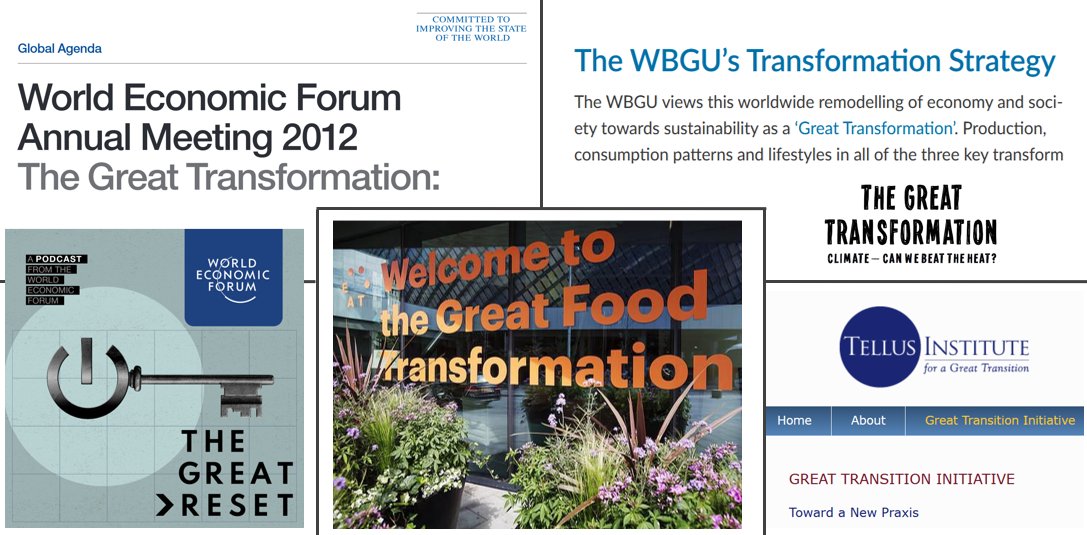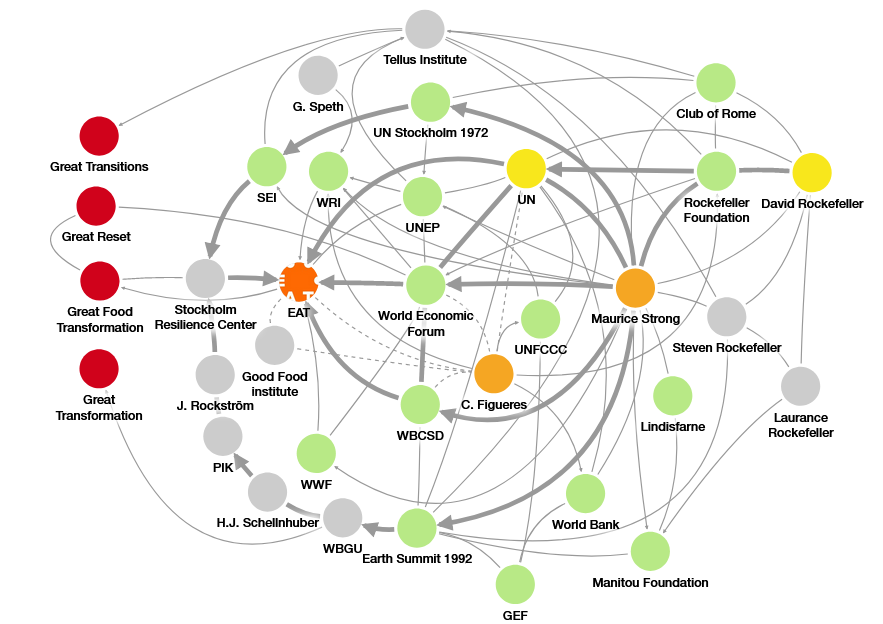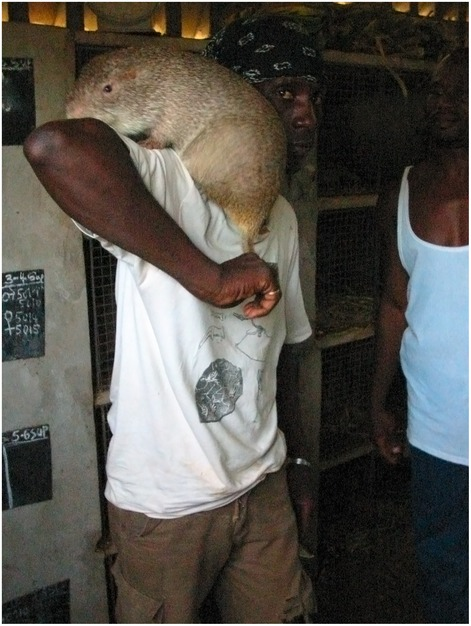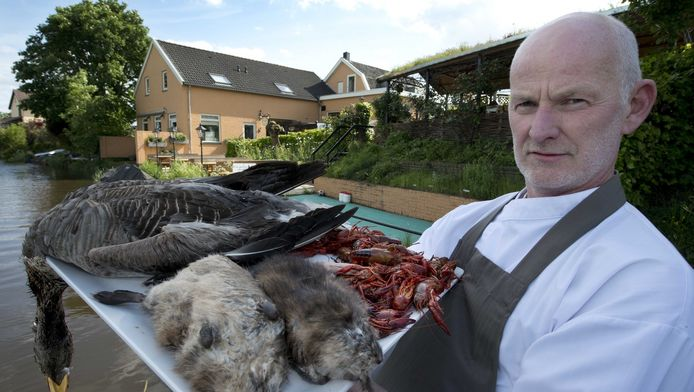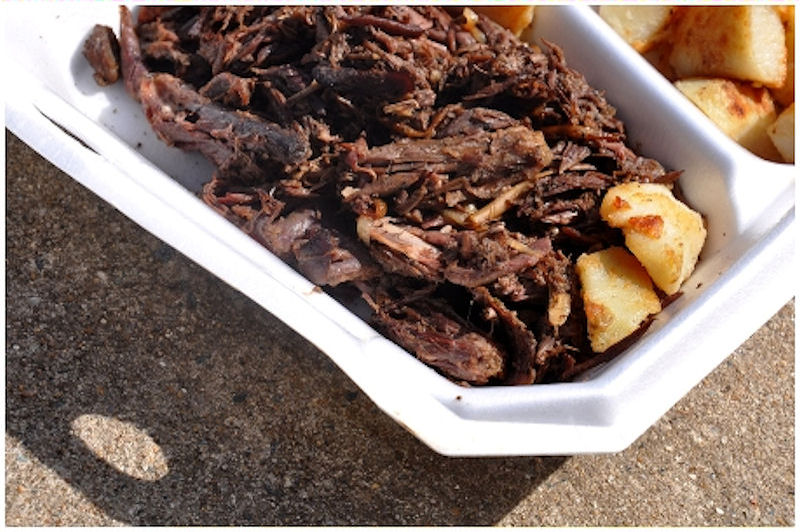
🧵👇 THREAD
The current age is one of SYSTEMISM or ‘faith in Systems’.
Below some reflections on the very fashionable #FoodSystems paradigm (based on Gall's great work 'Systemantics'), especially in view of the upcoming 2021 @UN @FoodSystems Summit.
There may be trouble ahead.
The current age is one of SYSTEMISM or ‘faith in Systems’.
Below some reflections on the very fashionable #FoodSystems paradigm (based on Gall's great work 'Systemantics'), especially in view of the upcoming 2021 @UN @FoodSystems Summit.
There may be trouble ahead.
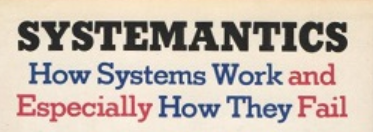
The prevailing view is one of the System-as-machine, whereby it would suffice to know & master a set of underlying mechanisms to understand, predict, & steer System’s behaviour & outcomes, in response to a Problem. 

However, this utopian mindset has been criticized for the likely failure & damage it entails & the false sense of holistic management it seems to suggest. Frequently, Systems turn out to be an interventionist expression of high-modernist and reductionist top-down administration. 

The Problem Food Systems aim to tackle through a #FoodCanFixIt approach consist of an alleged ‘broken food chain’ & the consumption of unhealthy & unsustainable diets. Although there's noble intent in that mission, it's likely to meet the pitfalls of System design & management. 

Systems behave unpredictably & go out of control when growing in size & complexity. During that process, they lose some of their basic functions while creating new & unexpected ones. Complexity *emerges*, whereas any element of one system is also an element in countless others. 

Worse, Systems usually operate in #failure mode, not functioning as expected. Instead of accomplishing a pre-set goal, they create new, persistent, & encroaching problems associated with their functioning or even with their mere presence. 

Such malfunction is not easily detectable (if ever) due to a lack of proper criteria for evaluation, which for large Systems may be beyond human capacity. The LARGER the System, the larger the errors, and the more chance that they escape notice or be excused. 

Moreover, old and failed Systems tend to linger as putrefying cadavers or toxic waste, & become new problems to be cleaned up, thereby creating even more new Systems. Also, taking a System down is more tedious than setting it up. 

Although System evaluation is cited as a part of its management, this practically translates into an asphyxiating formalization of Goals & Objectives. The latter generate an ILLUSION of achievement & efficiency but mostly imply administrative encirclement & negative feedback. 

Systems behave as if they have a will to live & work for their own Goals, rather than for the benefit of humanity or the Stated Purpose of the System (e.g., ‘#BuildBackBetter’).
Both the System & people contained therein tend to *NOT* do what the System claims they are doing.
Both the System & people contained therein tend to *NOT* do what the System claims they are doing.
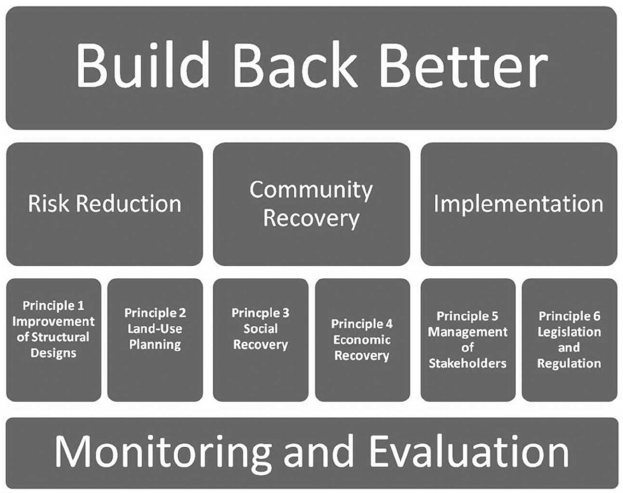
Instead, they bring new ‘realities’ into existence & perpetuate what they have named (often as a slogan; eg 'war on poverty’). They take credit for desirable events (called Outcomes) that are believed to be causally induced by the System, but disregard output that is undesirable. 

Yet, what hasn’t been named or has been denied existence is not considered as ‘REAL’. By then, Systems that are sufficiently large and complex absorb all attention to making its program work rather than on the problem that needed to be solved. 

People immersed in Systems are shielded from the real world, being only exposed to filtered & distorted versions of it. This creates a virtual reality, narrowed down by the use of metrics & identifiers, rather than interactions with actual human communities & their environments. 

As a result, people in Systems develop a suspension of normal mental activity & replace it by a trance-like state & a ‘mania of self-esteem’, catalyzed by titles & the illusion of power. Systems designers also tend to design ways for themselves to bypass the System. 

Systems attract Systems-people, individuals who easily adapt to life in Systems, & select for increasing specialization. The end result of this may be bizarreness, the accumulation of internal communication processes dealing with unfinished tasks, & self-referential NOISE. 

Systems aim at data-gathering. This yields little *information* & tends to be self-defeating. With increasing digitalisation, datasets, & ICT, the opportunities for (& impact of) error will rise due to the inability of human imagination to anticipate malfunction. #4IR 

Failure will likely decrease if:
- already existing Systems are used, preferably small ones, while working Systems are best left alone
- new Systems evolve from working systems & are gently implemented, to avoid disturbance of working Systems
- Systems *increase* options
- already existing Systems are used, preferably small ones, while working Systems are best left alone
- new Systems evolve from working systems & are gently implemented, to avoid disturbance of working Systems
- Systems *increase* options

- system failures, obtained through proper rapid feedback, are acknowledged & cherished, not used to further ‘push on the System’
- systems are loose, simple in structure, aligned with basic motivations, & working with human tendencies rather than against them
- systems are loose, simple in structure, aligned with basic motivations, & working with human tendencies rather than against them
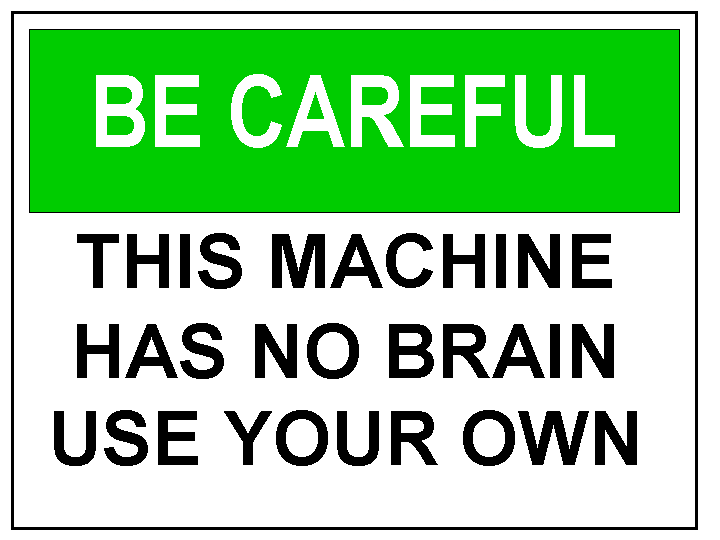
Given all the known damage that can originate from (usually authoritarian) Grand System approaches, I largely prefer the potential of modest, common-sense, organic, bottom-up dynamics. Working *with* communities, animals, & ecosystems. My views here: frontiersin.org/articles/10.33…
Another reason for favouring dialogue with actual farmer communities over transnational corporate networks (in the massive public-private partnerships that are now infesting Food Systems initiatives) is that it minimizes toxic agenda setting. aleph-2020.blogspot.com/2020/08/ideolo…
... and favours traditional, wholesome food solutions over the dystopian evolution towards corporate-owned & lab-grown imitation foods (now presented by some of the Food Systems insiders as the Holy Grail). aleph-2020.blogspot.com/2019/12/mock-a…
BEWARE of Food Systems going in overdrive. Before you know it, you'll be facing a #GreatFoodTransformation....
Presented as a Solution but essentially creating a new Problem. Or better: a whole new set of multiple Problems.
aleph-2020.blogspot.com/2020/10/toward…
Presented as a Solution but essentially creating a new Problem. Or better: a whole new set of multiple Problems.
aleph-2020.blogspot.com/2020/10/toward…
And as for Hotel California, the danger is here: you can check out any time you like, but you can never leave...
END.
END.

• • •
Missing some Tweet in this thread? You can try to
force a refresh


